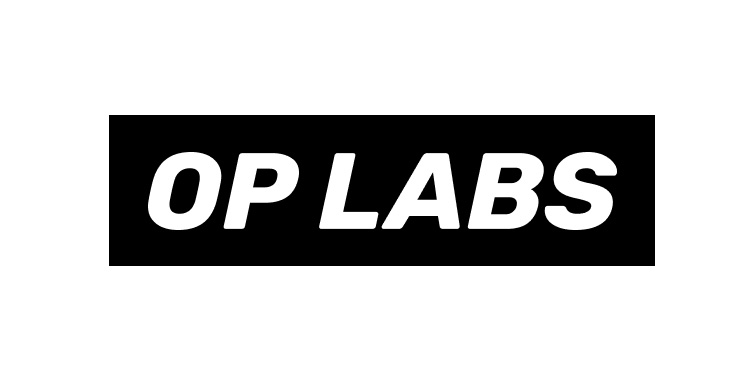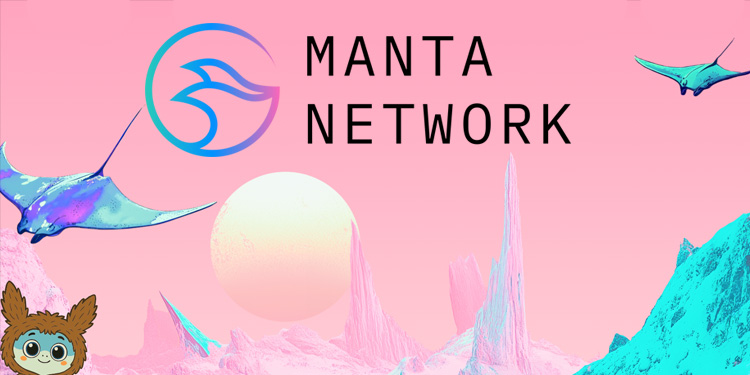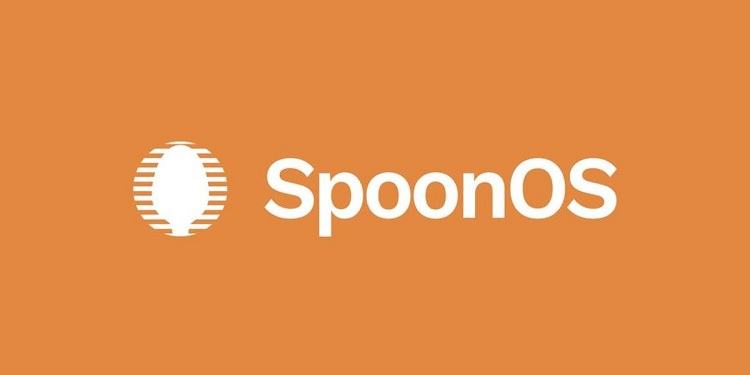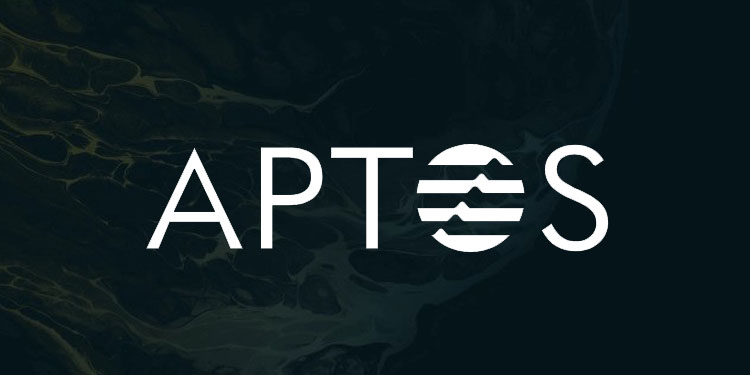Kazakhstan has formally introduced the Solana Economic Zone Kazakhstan (SEZ KZ), becoming the first country in Central Asia to establish a blockchain-driven economic zone. Launched in the capital city of Astana, the initiative results from a collaboration between the Solana Foundation and the Ministry of Digital Development, Innovation and Aerospace Industry of Kazakhstan. The zone aims to draw blockchain startups from around the world, promote Web3 education, and support institutional experimentation in tokenized finance.
SEZ KZ is part of Kazakhstan’s broader ambition to emerge as a regional hub for regulated digital finance. The initiative also underscores Solana’s growing stature as a foundational Web3 infrastructure provider. Industry observers note that this development aligns with the global trend of creating localized regulatory sandboxes to support blockchain innovation under controlled conditions.
The economic zone has been structured around three primary pillars: asset tokenization, educational programs, and startup acceleration. A notable component is a pilot project targeting tokenized real estate and securities, which will operate under the supervision of the Astana International Exchange. Solana-based platforms are also expected to work closely with regional financial institutions and trading venues to test programmable financial products.
In support of early-stage ventures, SEZ KZ is offering a range of benefits including access to infrastructure, co-working facilities, and regulatory pathways. Alongside these incentives, the zone is launching a dedicated blockchain education track through partnerships with the Astana Hub and the Astana International Financial Centre. The curriculum is expected to focus on Rust programming and tools tailored to Solana’s ecosystem, fostering a local talent pipeline equipped to support decentralized innovation.
More on the news here: https://t.co/3H3OgCfRyt
— Solana (@solana) June 21, 2025
This initiative also highlights a strategic evolution in Solana’s growth approach, shifting from a user-focused expansion model toward the development of robust institutional infrastructure. With global interest in financial instruments such as tokenized treasuries, exchange-traded funds (ETFs), and sovereign stablecoins increasing, Solana is positioning itself at the forefront of blockchain-enabled financial modernization.
Analysts have suggested that Kazakhstan’s SEZ KZ may serve as a blueprint for similar economic zones across Eurasia. The model bears some resemblance to Dubai’s DMCC, which has gained international recognition for its support of blockchain ventures within a regulated framework. In Kazakhstan’s case, SEZ KZ could play a similar role, especially as the country continues to shape its fintech-friendly legal infrastructure.
For Solana, the creation of SEZ KZ brings both regulatory clarity and institutional relevance to its global footprint. The economic zone reinforces Solana’s identity not only as a high-throughput Layer-1 blockchain but also as a trusted platform capable of supporting national and institutional-grade financial infrastructure.
By launching SEZ KZ, Kazakhstan is laying the groundwork for a regulated and innovation-driven digital finance ecosystem. In doing so, it aims to attract strategic partnerships, foster local expertise, and establish itself as a gateway for Web3 development in Central Asia.









